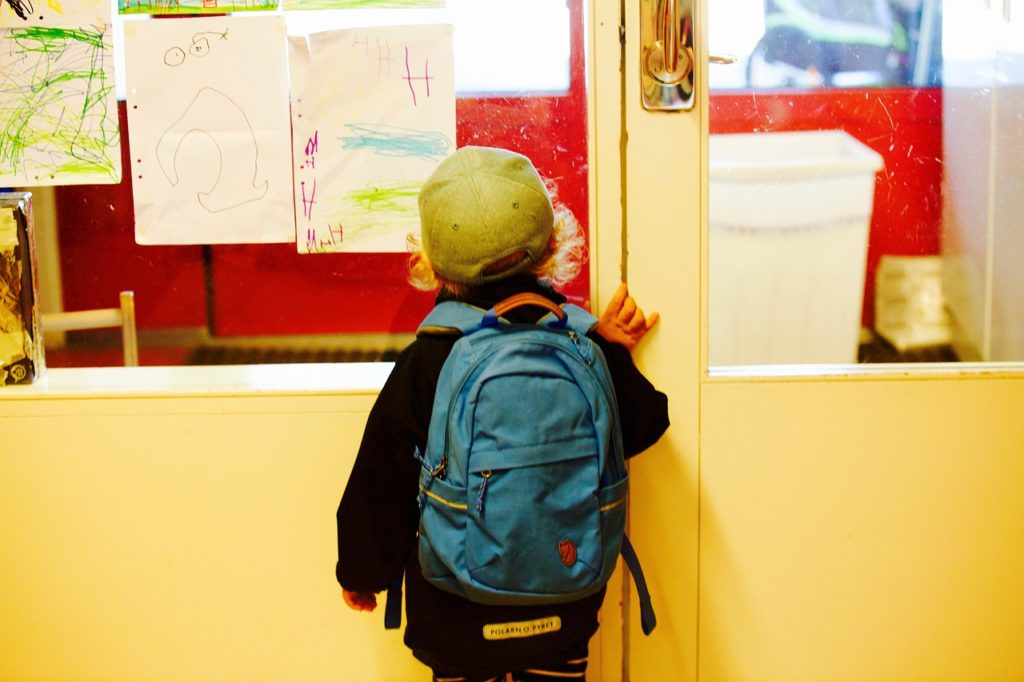Primary School Teaching

Primary school teaching is a most noble cause. Are you thinking that a future in primary school teaching might be for you? There are five Colleges of Education for primary teacher training in Ireland. Four of these – St Patrick’s College, the Church of Ireland College of Education, Coláiste Mhuire and Maynooth University Froebel College of Education – are based in Dublin, while Mary Immaculate College is based in Limerick.
Each College of Education in Ireland works in partnership with a university, which awards graduates a Bachelor of Education (B. Ed. ) degree to graduates. St. Patrick’s College is affiliated to DCU, MIC is affiliated to the University of Limerick, while Colaiste Mhuire and the Church of Ireland College of Education have links to Trinity.
(It is important to note that the degree available at the Church of Ireland College is a restricted entry course – applications must be received by the CAO by February 1st. All available places are reserved for those who are members of recognised churches in the Protestant tradition and the religious component of the course deals with the Protestant faith. Potential students must also undergo an interview process. )
Shorter Programmes
St Pat’s and MIC both have three-year honours degree programmes on offer to students. Students attending these courses colleges also study an academic subject, such as English or Geography, to degree level. The other colleges offer three-year programmes that lead to an ordinary degree. After these three years, students have the option of continuing their studies for an extra year to obtain an honours degree.
Students who are attending Froebel and Colaiste Mhuire complete the extra year at Trinity College, while students at the Church of Ireland College can do an extra year on site.
What you need to know
All primary school teachers are required to have a mastery and competence in all the curricular areas of the primary school, a B. Ed degree covers a wide subject base. Naturally, Irish, English, language development and maths are to the fore, but the course should also cover music, art, drama, PE, religion and social and environmental studies (which includes geography, history and science). Students also learn about the history, psychology and sociology of education and the study of school/classroom management, teaching and curriculum. Teaching practice forms a major part of each year of the degree and all students are required to spend some time in Gaeltacht during the summer at the end of the first year of the course.
The minimum entry requirements for a College of Education to take a B. Ed. degree are three C3s at Higher Level and three D3s at either Higher or Ordinary Level. Students must get at least a C3 in Higher Level Irish and a C3 at Ordinary Level (or D3 at Higher Level) English. Students must also get D3 in Maths at either Higher or Ordinary Level. All candidates must also pass a medical test.
Other Colleges
Teachers who specialise in home economics in secondary schools are trained in Colleges of Education for Home Economics. There are two such colleges in Ireland, St. Angela’s College, Sligo and St. Catherine’s, Sion Hill, Dublin. St. Angela’s is a constituent college of the National University of Ireland (NUI), while St. Catherine’s provides its course jointly with Trinity. Both provide a full-time four-year course leading to a B. Ed. (Home Economics) degree.
There is also dedicated courses for religion teachers available at the DCU Mater Dei Institute of Education in Dublin. The Bachelor of Religious Education degree programmes lasts for four years, and students study religion, education and arts subject, along with learning teaching methods. Graduates are eligible to teach both their arts subject and religion at secondary schools.


Leave a comment